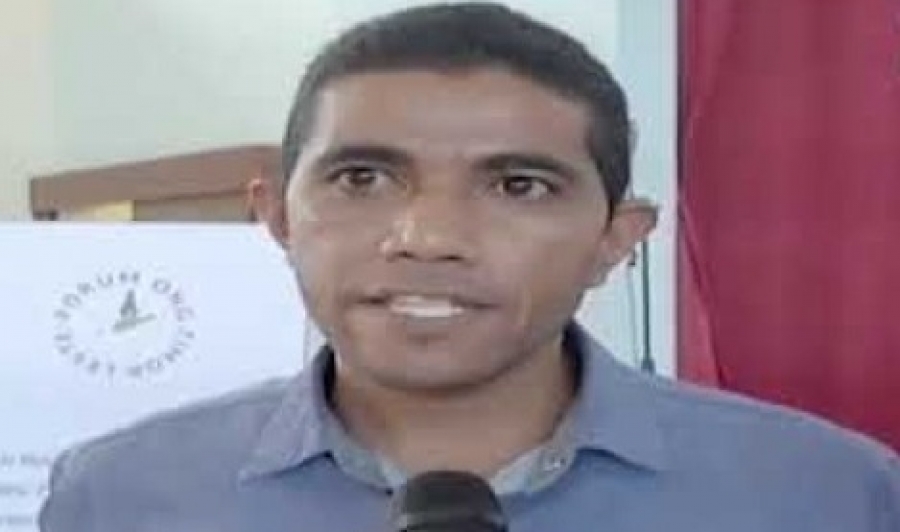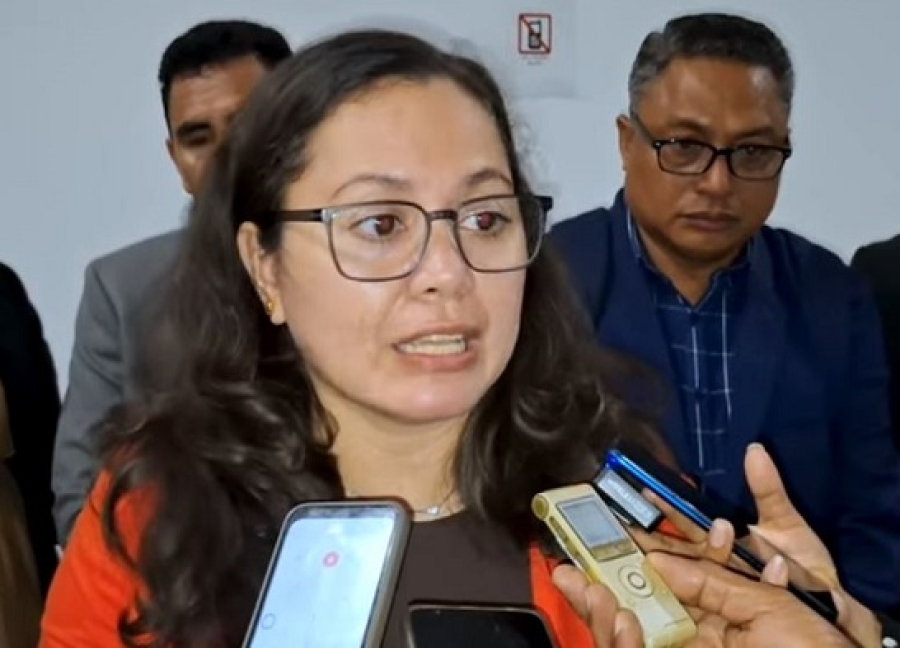Private land at the Kaiteui site in Liquica is being used by the Marino Enterprise and Harbour Company as part of the State’s port development project.
Two weeks ago a fence that local landholders had erected to keep construction companies off their land was destroyed by Xanana Gusmao, Timor-Leste’s chief negotiator for the Greater Sunrise oil and gas field development, claiming the land had been acquired for state purposes.
Now, civil society leaders are condemning the move, saying that the state must negotiate land acquisitions with owners of private land, and use formal court processes to establish compensation.
Santos said Timor-Leste’s land and property regulations were “very clear,” and that private land could no longer be seized in the interest of state projects.
In June 2017 the President of the Republic enacted Timor-Leste’s first ‘Land Law’, heralded at the time as a major breakthrough in strengthening land rights for Timorese people.
Legislation approved after Timor-Leste’s independence concentrated land ownership power into the hands of the state.
In 2016, a survey by the Asia Foundation found that at least 45 per cent of households in Dili, and more than 80 per cent in two rural districts had no legal rights to the land where they lived and were at risk of state eviction. These households also had no legal right to compensation.
Commentators close to Dili say some politicians continue to justify situation by arguing that the state needs to ensure quick and cheap access to land in order to implement key infrastructure projects that will help the country to develop.







